Keisha Browder, CEO
United Way Bay Area


Dear Friends and Supporters,
It is with gratitude that we present United Way Bay Area’s Annual Report for Fiscal Year 2024, highlighting the progress we’ve achieved together in our mission to dismantle the root causes of poverty and build equitable pathways to prosperity. Through the challenges of this past year, the work has remained constant, as has the unwavering support of our donors, volunteers, and staff. Together, we have provided a source of hope for so many in our communities.
The Bay Area continues to face significant hurdles. The escalating costs of basic needs and an ongoing housing affordability crisis make it difficult for many of our neighbors to achieve economic security. These challenges have only deepened the inequities we have long sought to address. Yet, through mobilizing the region and activating powerful community partnerships, we have continued to provide immediate relief to overcome some of the most challenging hurdles while also building bridges to long-term stability and success.
While this report includes measurable results, we are proud to share, we know that these metrics are not just numbers. Each of these facts and figures represent a personal story – a life transformed and a future reshaped. They are a testament to what we can accomplish together when we engage in communitycentered collective action.
Looking ahead, even as new challenges emerge daily, we remain steadfast in our mission to build a more equitable Bay Area where everyone has access to the resources and opportunities they need to thrive. Together, we will continue to break down barriers, challenge inequities, and create lasting change for generations to come. And that’s what we mean when we say – UNITED is the way!
With heartfelt gratitude,




![]()
UWBA brings together partners from the nonprofit, business, and government sectors to address Bay Area poverty. We partner across these sectors to develop solutions, capture the data we need, and use those insights to support public policy and create research backed community initiatives.
![]()
UWBA envisions an equitable Bay Area where all people have the opportunities and resources needed to thrive.
![]()
UWBA mobilizes the Bay Area to dismantle the root causes of poverty and build equitable pathways to
prosperity. Through initiatives and policy change, we provide immediate and long-term support for employment, housing, financial stability, and meeting basic needs.
For over 100 years, United Way Bay Area (UWBA) has been committed to building a community where everyone has the opportunities and resources to thrive. As a trusted partner in the region, we bring together our network of volunteers, donors, policy makers, labor, community, and corporate partners to fight poverty in the region, not just in times of critical need, but every day.
Over our recent fiscal year, July 2023 to June 2024, we continued to see the impact of higher inflation which has further exacerbated financial challenges faced by the communities we serve. Across the nation, the cost of goods and services has increased by 23%, while household savings have decreased by 54% since 2020. The good news is that most of the U.S. is experiencing a slowdown in inflation; however, the Bay Area has not seen the same trend, mostly due to dramatically higher utility and housing costs.
FY24 SHARED MEASURES ACROSS IMPACT AREAS
383,946 number of individuals served
38,803 number of individuals reached through outreach and education
3,081 number of volunteers engaged
1,016 number of job placements
97,500 number of referrals to basic needs and community services
12,912,020 number of meals served
** UWBA only collects demographic information from community members when appropriate and where it would not pose a burden to accessing services. Thus, UWBA only collected demographic data for approximately 10%-20% of the population served and the results shown here may not be representative of all persons served by UWBA.
$11,691,510 dollar amount in direct assistance distributed (network)
* Partners may serve multiple counties resulting in a differential in total numbers.
$4,081,513 Dollar amount granted to partner organizations
301 Number of Partners and Grantees*

43,621 calls and texts to 211

35,127 returns filed, claiming $52.3 million in tax refunds through Free Tax Help

2,499 people received financial coaching through SparkPoint

97 young people attended On Track, our annual career exploration event, with over 20 employers participating

64 advocacy moments where UWBA fought for policies that work for all Bay Area residents
UWBA administers Federal Emergency Management Agency (FEMA) Emergency Food and Shelter Program (EFSP) funding in the Bay Area, simplifying access for community organizations through training, technical support, and streamlined processes. Local boards of community representatives set priorities, review applications, and ensure compliance. EFSP supports essential food and shelter programs, including food banks, emergency shelters, and rental assistance. UWBA provides training and technical support for EFSP applicants and with UWBA’s management makes funding easier for grassroots agencies to access.
In FY24, EFSP distributed $2,444,115 to agencies in eight counties, serving 172,479 individuals through 105 program partners. An additional funding round released $2,705,115, supporting over 100 agencies through 2024.
Rising food costs continue to increase demand for pantry services, and with local government funding returning to pre-COVID levels, food banks and pantries are challenged to continue providing the same amount and variety of food. The return to pre-COVID level funding also issues a challenge as the need for rent assistance remains high. EFSP’s supplemental funding remains crucial in helping families access rent assistance and avoid eviction.
34,907 nights in shelter
279 rent and utility bills paid
1,120,414 meals provided
Behind every number is a neighbor. Discover the powerful stories of resilience, equity, and impact that you helped make possible. The full report is just one step away—see how we’re building a Bay Area where everyone can thrive.
Thank you for your interest. Your support helps drive this work forward—download the report below to see the impact you’re part of.
You do not need to opt-in again to download this publication if you access this page through this browser. Should you find you can't access the content, check your inbox! Click the access link there and you'll regain access to the annual report.
Your Impact, Our Work: View the Full Report